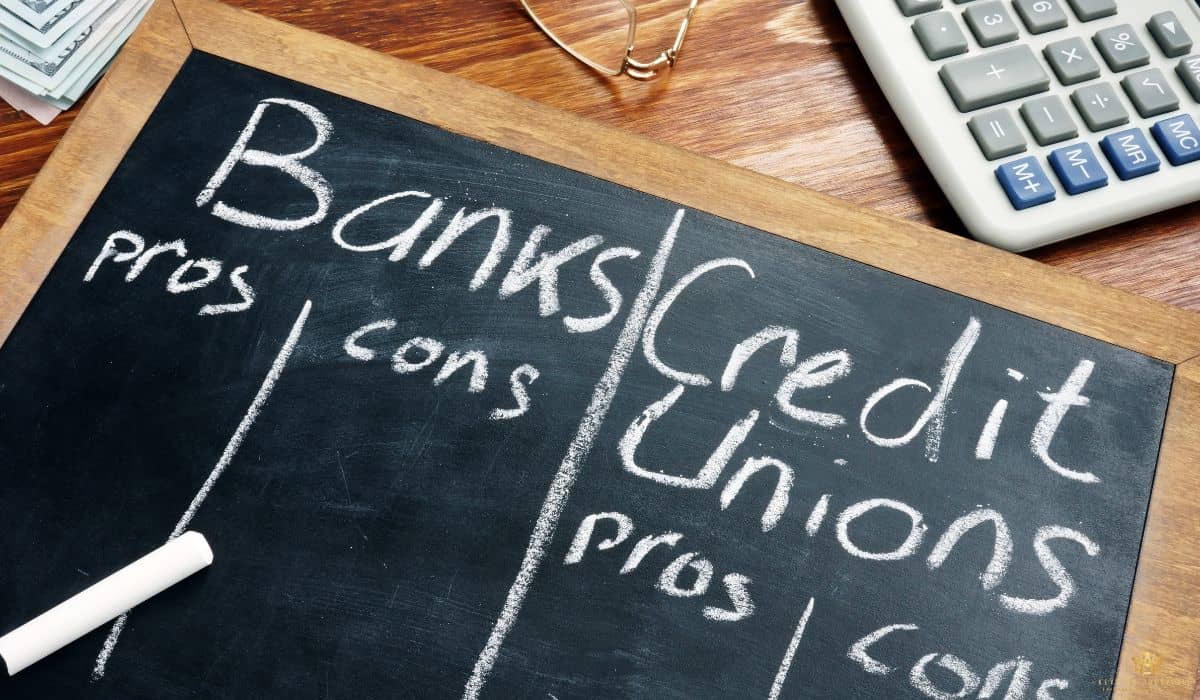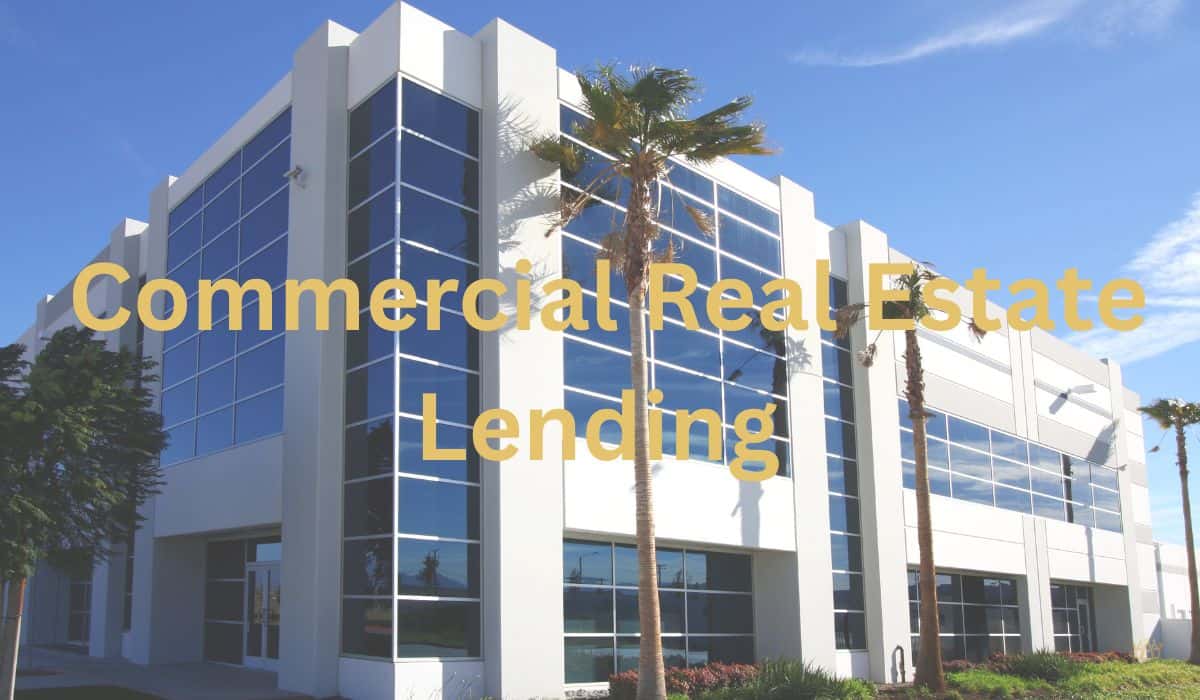Did you know that the total outstanding commercial and multifamily mortgage debt jumped to nearly $4.8 trillion by the end of 2024? That’s a healthy 3.7% boost compared to the year before.
From our experience, this growth signals just how essential it is for investors, developers, and business owners to have the right tools and partners when it comes to securing funding.
In this article, we’ll guide you through the best commercial mortgage lenders available in 2025.
We’ll also show how to find the perfect match for your commercial real estate investments, no matter if you’re aiming for a new purchase, a refinance, or a construction project.
We’ve already covered commercial real estate lending and its essential basics, so here, we’re diving deeper into matching you with top commercial mortgage lenders and the flexible options they offer.
When you’re ready to explore even more, we’ll also be sharing insights on commercial investment property loans next.
If you’re curious about how banks operate in this landscape, check out our comprehensive guide on commercial real estate bank loans for a full breakdown. Let’s jump in and set you up for investment success!
Short Summary
- Commercial real estate financing fundamentals focus on cash flow over personal income, with different property types requiring varying down payments
- Compare lenders based on competitive rates, expertise in your property type, and track record of successful transactions
- Traditional banks offer stability while alternative lenders provide flexibility for unique deals and faster approvals
- Portfolio lenders and construction specialists excel in specific niches, while government programs like SBA 504 offer exceptional terms
- Strong application preparation with complete financial documentation significantly improves approval odds and loan terms
Understanding Commercial Real Estate Loan Fundamentals
Getting the basics right can save you months of headaches down the road. Here’s what we’ve learned about commercial real estate loan fundamentals that actually matter when you’re ready to invest.
Commercial Property Types And Financing Basics
Commercial property financing works differently than your typical residential loan. Cash flow becomes king here, not your personal income.
Take office buildings, which typically require 25-30% down payments. Industrial facilities often need less – around 20% – because they’re easier to value and sell. Multifamily properties get the best treatment, sometimes qualifying for as little as 10% down through certain programs.
For instance, we’ve seen an investor purchase a 12-unit apartment complex with just $150,000 down on a $1.5 million purchase price. The bank focused entirely on the property’s rental income, not his personal business earnings.
Key Loan Types Available
Three main financing options dominate the market: purchase loans, refinance deals, and construction financing.
Purchase loans are straightforward: you buy, you qualify, you close. Refinance transactions let you pull cash out or snag better interest rates. Construction loans get tricky because they convert to permanent financing once you’re done building.
Here’s a scenario: A developer bought raw land for $500,000, got a construction loan for $2 million, built luxury condos, then converted to permanent financing. Total project value hit $3.2 million.
Essential Qualification Criteria
Credit scores matter, but not like residential deals. Most commercial mortgage lenders want 680+ scores, though some portfolio lenders operate with 650+.
Debt service coverage ratios are huge. Lenders expect your property’s income to exceed debt payments by at least 1.25 times. Down payments range from 10% to 35% depending on property type and loan program.
Cash flow calculations determine everything. Lenders calculate net operating income, subtract proposed debt service, and make sure there’s cushion left over for repairs and vacancies.
How To Choose The Best Commercial Mortgage Lenders For Your Investment
Picking the right lender can make or break your investment deal. Remember, smart research and careful comparison shopping separate successful transactions from costly mistakes.
Compare Competitive Rates And Loan Terms
Competitive rates grab attention first, but don’t stop there. Fixed rates offer predictability (but fixed rates would typically cost more upfront) while variable rates can save money initially.
Anyway, online calculator tools help you crunch the real numbers. For example, a 6.5% fixed rate might cost more upfront than a 5.8% variable rate, but calculate the total interest over five years and the story changes completely.
Flexible options matter just as much as rates:
- Prepayment penalties can kill your refinance plans
- Loan terms range from 5 to 30 years depending on property type
- Some lenders offer interest-only payments during the first two years
- Closing costs vary wildly between companies
Here’s what we’ve seen: Two lenders quoted identical rates on a $2 million office building, but one charged $15,000 more in fees. That advantage disappeared quickly after doing the math.
Evaluate Lender Specializations
Commercial mortgage lenders aren’t all created equal. Some focus on multifamily deals while others prefer industrial properties.
Portfolio lenders keep loans in-house and move faster than banks that sell to secondary markets. For instance, a portfolio lender approved a mixed-use commercial property loan in 18 days while traditional banks needed 45+ days.
Match expertise to your project:
- Construction lenders understand developers and phased funding
- Multifamily specialists know rent roll analysis inside out
- Industrial experts grasp cash flow from manufacturing operations
Research Reputation And Client Success
Track record tells the real story. Review testimonials carefully – generic praise means nothing.
Look for specific success stories. Additionally, check if lenders have experience with your market and property size. A lender who excels with $10 million deals might struggle with $1 million purchases.
Range of services matters too:
- Do they offer refinance options down the road?
- Can their team handle complex transactions?
- Will they access bridge financing if needed?
Consider this scenario: A client needed quick financing for a foreclosure auction. Only two of five lenders we contacted could operate that fast and had solutions ready.
Top Commercial Mortgage Lender Categories And Solutions
Let’s face it, different lenders excel at different things. Understanding which company type fits your business needs can save months of frustration and get you better financing terms.
Traditional Banks Vs. Alternative Lenders
Traditional banks bring stability and competitive rates. They’ve got deep pockets and strict underwriting standards that benefit conservative investors.
Banks typically offer:
- Lower interest rates on fixed loans
- Established relationships with commercial real estate markets
- Access to multiple loan products under one roof
- Strong credit requirements but predictable approval processes
Alternative lenders move faster and think outside the box. They’ll finance deals that banks won’t touch, though you’ll pay extra for that flexibility.
For instance, a business owner needed financing for a unique mixed-use property combining retail and industrial space. Three banks passed, but an alternative lender approved the deal in two weeks with creative structuring.
Specialized Portfolio And Construction Lenders
Portfolio lenders keep loans in-house instead of selling them. This advantage means faster decisions and flexible options for unique situations.
Construction lenders understand developers and communities building from scratch:
- They operate with phased funding schedules
- Expertise in land value assessments and construction costs
- Team members who determine realistic completion timelines
- Solutions for cost overruns and weather delays
Consider this scenario: A developer building luxury condos needed additional funding when material costs spiked 20%. Their construction lender had contingency financing ready, while traditional banks would have required complete re-underwriting.
Government-Backed Programs
SBA 504 loans offer killer terms for owner-occupied commercial property. Qualifying businesses can purchase real estate with just 10% down.
These programs help businesses expand and invest in their operations:
- Fixed rates locked for 20 years
- No prepayment penalties after year 10
- Cash flow requirements are reasonable
- Review process takes longer but terms justify the wait
Here’s the math: A $1.5 million office building normally requires $375,000 down through conventional financing. SBA 504 programs drop that to $150,000, freeing up $225,000 for equipment and working capital.
Contact your local SBA office to review eligibility. Not every property type qualifies, but the benefits are substantial when they do.
Maximizing Your Commercial Financing Success And Next Steps
Getting approved requires strategy and preparation. Here’s how to position yourself for success and avoid the pitfalls that derail most commercial real estate deals.
Application Preparation Essentials
Strong financial documentation separates serious clients from dreamers. Lenders expect three years of tax returns, profit and loss statements, and detailed rent rolls.
Your business financials tell the story:
- Personal and business credit reports without surprises
- Cash flow projections showing realistic income expectations
- Property appraisals and environmental reports
- Detailed business plan explaining your investment strategy
For example, an investor targeting a $3 million multifamily property submitted bank statements showing $400,000 liquid assets. Lenders want to see reserves covering six months of payments, not just the down payment amount.
Navigate Approval To Closing
Typical timelines range from 30 to 60 days for standard transactions. Construction loans and complex deals take longer.
Expect regular communication from your lender’s team:
- Initial underwriting review within one week
- Property appraisal ordered immediately after application
- Loan committee approval around day 21
- Closing documents prepared during final week
Here’s what actually happens: Most delays occur during appraisal and environmental review phases. Smart investors order their own reports early to expedite the process and spot potential issues before lenders find them.
Strategic Next Steps
Contact multiple lenders for comparison shopping. Different companies operate with varying risk appetites and loan products.
Take advantage of current market conditions:
- Interest rates remain competitive for quality properties
- Portfolio lenders are actively seeking commercial deals
- Government programs offer exceptional terms for qualifying businesses
- Refinance opportunities exist for properties purchased at higher rates
Consider this approach: Successful investors maintain relationships with 3-4 lenders across different categories. When opportunities arise, they can quickly access financing without starting from scratch.
Expand your portfolio systematically. Each property purchase builds credibility with lenders and improves your ability to qualify for larger deals. Start small, prove your expertise, then scale up as your track record grows.
Final Thoughts
Finding the right commercial mortgage lenders doesn’t have to feel overwhelming. Good preparation beats fancy sales pitches every time.
Research multiple lenders, compare their services honestly, and pick the company that truly understands your property type and business goals. The perfect financing partner will make your investment journey smoother and more profitable.Ready to expand your commercial real estate portfolio? Contact lenders today and start building those crucial relationships. Check out our homepage for more commercial financing guides and market insights that help investors like you succeed.
Frequently Asked Questions
What Credit Score Do I Need For A Commercial Mortgage?
Most commercial mortgage lenders require a minimum credit score of 680, though some portfolio lenders will work with scores as low as 650. Your business credit history and property cash flow matter more than personal credit for larger deals.
How Much Down Payment Is Required For Commercial Property?
Down payments typically range from 10% to 35% depending on property type and loan program. Multifamily properties often require the least, while office and industrial properties usually need 20-30% down. SBA 504 loans can reduce this to just 10% for owner-occupied properties.
How Long Does The Commercial Loan Approval Process Take?
Standard commercial real estate loans take 30-60 days from application to closing. Portfolio lenders often move faster at 21-30 days, while bank loans requiring committee approval can extend to 45-75 days.
Construction financing typically requires additional time for plan reviews.
What’s The Difference Between Portfolio Lenders And Traditional Banks?
Portfolio lenders keep loans in-house and make faster decisions with more flexible underwriting criteria. Traditional banks sell most loans to secondary markets, which means stricter guidelines but often better interest rates and longer loan terms.






